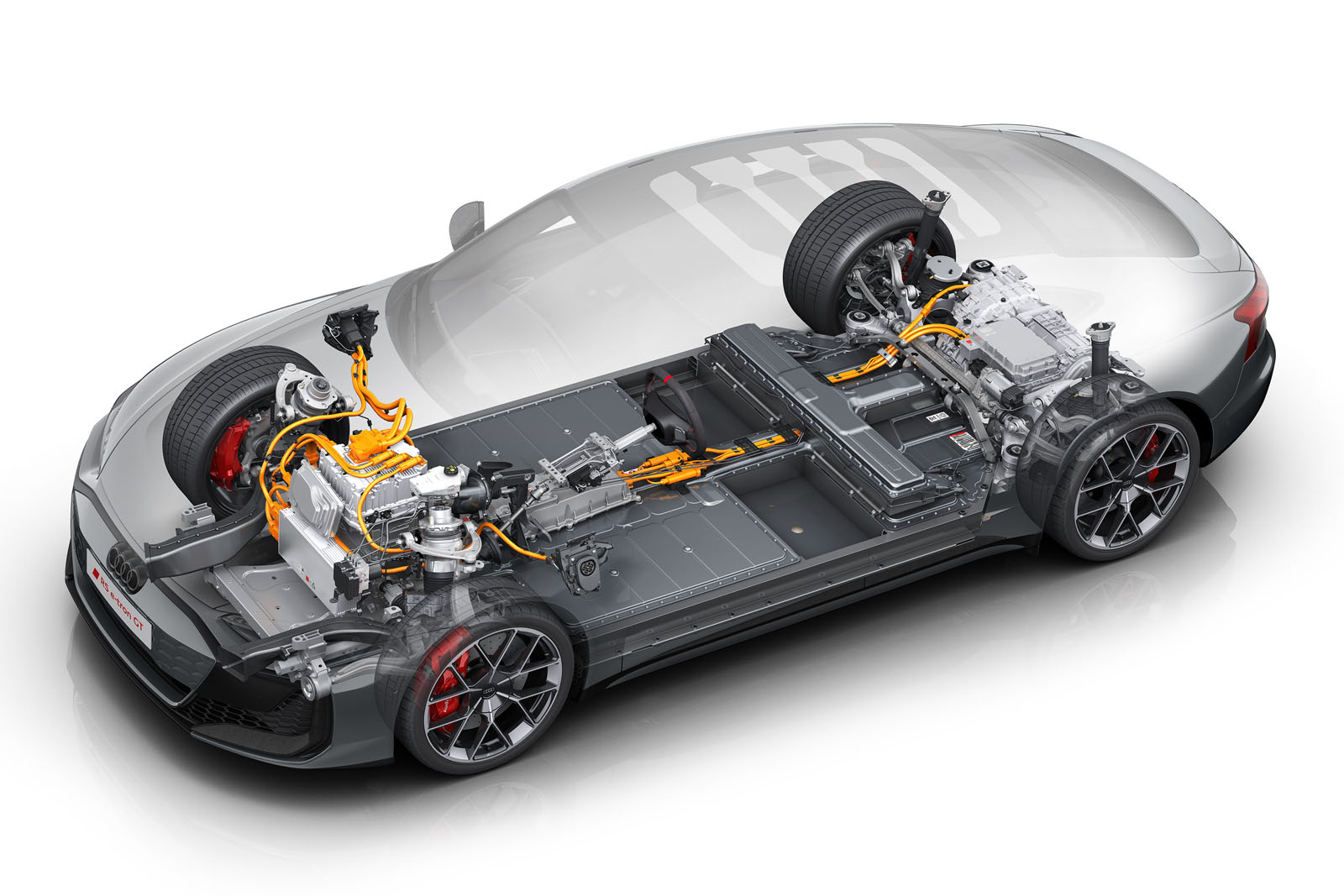Patrick Cresswell, cofounder and managing director of Clearwatt, believes that this is a legitimate concern.
“Currently, most EV drivers don’t own their car and so aren’t on the hook for its condition,” he said. “For example, a sales rep is likely to rapid-charge their car as often as they require and even override the automatic 80% charge limit, all without liability. This will accelerate battery degradation.
“We monitor a lot of EVs with annual degradation rates well in excess of 1.8%.”
The British Vehicle Rental and Leasing Association publishes a fair wear and tear guide describing the condition that its members expect cars to be in when they are returned. A spokesperson said that because there’s no agreed battery health standard, it hadn’t been possible to include battery health in the guide but that this was under review.
British Car Auctions (BCA), a major source of ex-fleet cars, recently launched a grading system that it claims offers a “perfect at-a-glance” view of an EV’s battery.
The BCA Battery Health Grading system is conducted by connecting a diagnostic device to the EV’s on-board diagnostics interface. The resulting report reveals the battery’s remaining capacity, scoring it out of 100, and highlights any “red flags” related to defective battery modules.
However, Estelle Miller, co-founder of EV Experts, a specialist dealership in Surrey, believes that it and other test tools and report styles risk confusing buyers.
She said: “The available driving range displayed on the car’s dashboard is fine, but you really need to know the battery’s state of health. We use a diagnostic tool that expresses this clearly as a percentage.
“However, we recently saw a report on a used Volkswagen e-Up that had what the company that tested it called a ‘high health score’ when it actually had a very low battery state of health – a figure that was sneaked in at the foot of the report.

